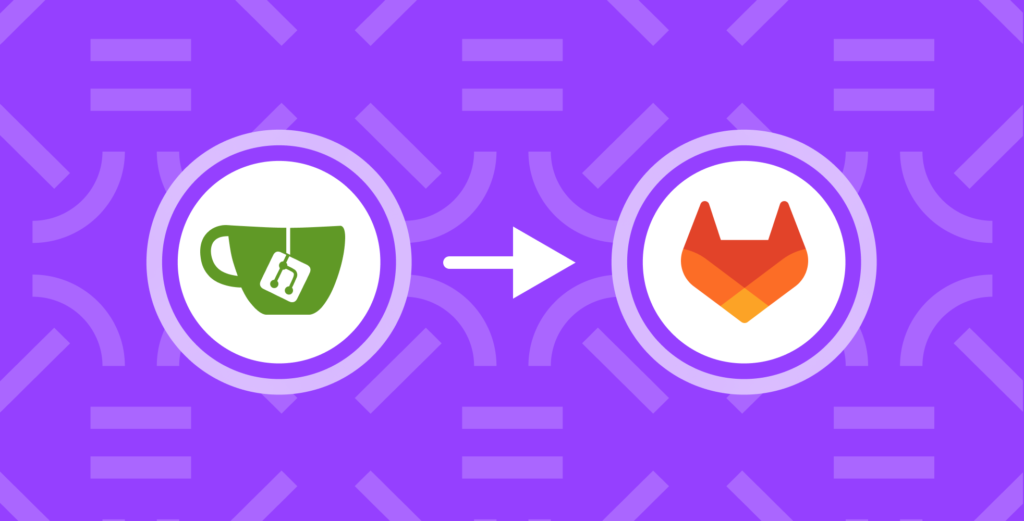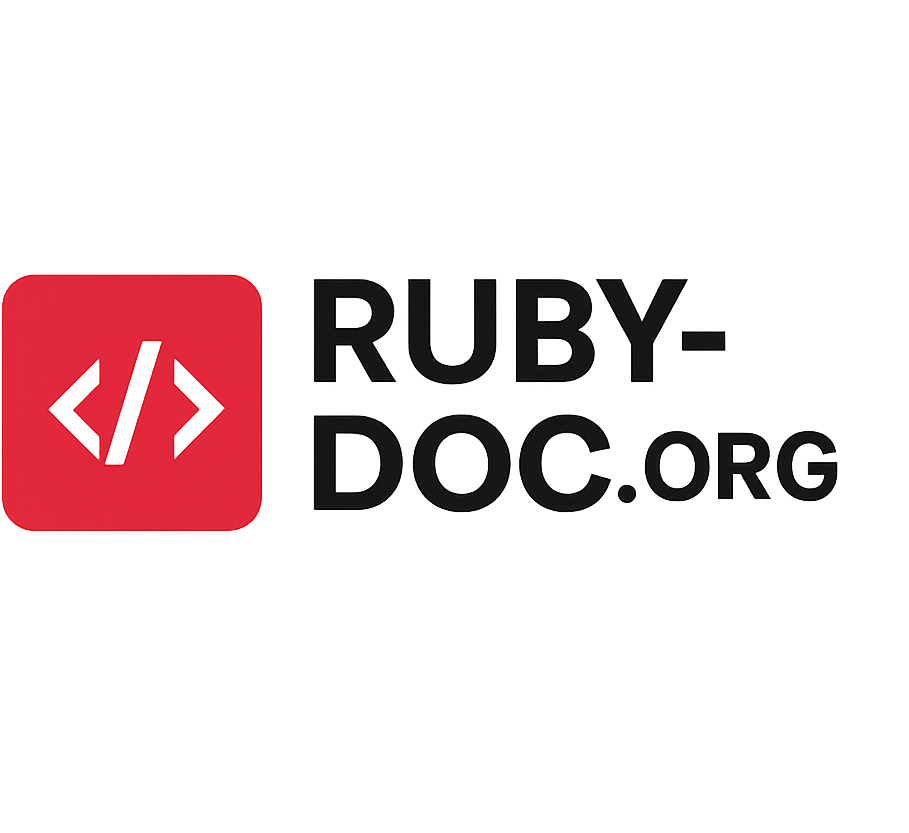
When it comes to managing source code repositories with Git, two popular platforms frequently come up: Gitea and GitLab. Both offer web-based Git management with support for pull requests, issue tracking, CI/CD, and more. However, they differ significantly in architecture, performance, features, and licensing. In this article, we’ll compare Gitea vs GitLab across multiple categories to help you decide which tool suits your development team in 2025.
1. Overview of Gitea and GitLab
What is Gitea?
Gitea is a lightweight, self-hosted Git service written in Go. It’s an open-source alternative to GitHub, GitLab, and Bitbucket, designed for simplicity and speed. Initially forked from Gogs in 2016, Gitea has grown into a robust solution for individuals and small teams looking for minimal setup and resource usage.
- Language: Go
- License: MIT
- Initial Release: 2016
- Latest Version (as of July 2025): 1.22.0
- Memory Footprint: ~50–150 MB RAM usage
What is GitLab?
GitLab is an enterprise-grade DevOps platform that goes beyond Git repository management. It integrates issue tracking, CI/CD, code review, security testing, and even Kubernetes management into one cohesive application.
- Language: Ruby (frontend/backend), Go (Gitaly), others
- License: MIT (Community Edition), Proprietary (Enterprise)
- Initial Release: 2011
- Latest Version (as of July 2025): 17.1
- Memory Footprint: 4–8 GB RAM (minimum), 16+ GB recommended
2. Installation and Resource Usage
Gitea Installation
Gitea is exceptionally easy to install:
- Single binary
- Built-in SQLite or use MySQL/PostgreSQL
- Can run on a Raspberry Pi or 512MB VPS
- Deployment takes less than 5 minutes
System Requirements (Minimum):
- CPU: 1 core
- RAM: 256MB
- Disk: 1GB free
Ideal for:
- Hobbyists
- Small development teams
- Edge devices
GitLab Installation
GitLab requires considerably more resources:
- Omnibus package includes PostgreSQL, Redis, NGINX, Gitaly, and more
- Supports Docker, Kubernetes, and Helm
- Best hosted on high-performance VMs or dedicated servers
System Requirements (Recommended for small teams):
- CPU: 4 cores
- RAM: 8GB minimum
- Disk: 20GB+ for repos and logs
Ideal for:
- Enterprises
- Teams needing full DevSecOps pipeline
- Compliance-heavy environments
3. Feature Comparison
| Feature | Gitea | GitLab |
|---|---|---|
| Git Repository Hosting | ✅ | ✅ |
| Issue Tracking | ✅ (lightweight) | ✅ (powerful, kanban boards) |
| Pull/Merge Requests | ✅ | ✅ |
| CI/CD | 🟡 Basic via external runners/plugins | ✅ Built-in GitLab CI/CD |
| Built-in Container Registry | ❌ | ✅ |
| Kubernetes Integration | ❌ | ✅ |
| Code Search | ✅ | ✅ |
| Wiki | ✅ | ✅ |
| SSO/LDAP Integration | ✅ (basic) | ✅ (advanced + SAML) |
| Audit Logs | ❌ | ✅ (premium feature) |
| Mobile Support | ✅ (basic) | ✅ |
| Fine-grained Permissions | 🟡 Limited | ✅ Advanced role management |
4. Performance and Scalability
Gitea
Gitea’s Go-based architecture makes it exceptionally fast and responsive. Ideal for:
- Low-powered servers
- Small teams with under 100 users
- Projects under 1000 repos
Reported benchmarks in 2024 show:
- Page load times: < 100ms on average
- CPU usage: ~2% on idle with 10 active users
- Memory usage: ~120MB
GitLab
GitLab’s monolithic architecture means:
- Slower response times on low-end hardware
- Requires tuning to scale efficiently
- Best performance on Kubernetes or dedicated instances
Performance metrics from GitLab Inc. (2024 benchmark):
- Concurrent users: Scales well to 5000+ with HA setup
- Memory footprint: 16–32GB for production-grade setup
5. Security and Access Controls
Gitea
- HTTPS & SSH support
- 2FA, OAuth2, LDAP, PAM
- Admin impersonation
- Repo-level access
Security is community-driven. Lacks built-in static/dynamic code analysis.
GitLab
- Advanced access control (group/subgroup/projects)
- Built-in SAST, DAST, container scanning
- Audit events and compliance pipelines
- IP whitelisting, GitOps integration
Security is enterprise-ready and often required in regulated industries.
6. CI/CD Capabilities
Gitea
- Integrates with Drone CI, Jenkins, Woodpecker CI
- Basic workflows with webhooks and custom actions
- No built-in runner or job orchestrator
GitLab
- Full-featured GitLab CI/CD
- YAML-based pipeline definitions
- GitLab Runners (shared and custom)
- Job artifacts, caching, conditional logic, deployment strategies
CI/CD is a major advantage of GitLab, used by Fortune 500 companies and major open-source projects.
7. Pricing Comparison – Gitea vs GitLab
| Platform | Free Tier | Paid Tier (2025 Pricing) |
|---|---|---|
| Gitea | Free (MIT licensed) | N/A (donation-supported) |
| GitLab | Free (limited features) | $29/user/month (Premium) |
| $99/user/month (Ultimate) |
Gitea is 100% free, while GitLab charges for enterprise features and support.
8. Community and Ecosystem
Gitea
- 40,000+ GitHub stars (as of July 2025)
- Community-driven with active forums and Discord
- Plugin support via extensions
- Lightweight ecosystem
GitLab
- 100,000+ GitHub stars
- Large contributor base (over 3,000 active monthly)
- Rich plugin and integration ecosystem
- Strong corporate backing and open-core model
9. Use Cases
Choose Gitea if:
- You want a lightweight, resource-efficient Git server
- Your team is small or medium-sized
- You want something fully open-source with no hidden costs
- You prefer to self-host on constrained environments
Choose GitLab if:
- You need an end-to-end DevOps solution
- Security, compliance, and auditability are critical
- You manage large teams and complex CI/CD pipelines
- You want commercial support and premium features
10. Conclusion: Gitea vs GitLab
Gitea shines as a minimalist, fast, and free Git platform. It’s perfect for developers who want simplicity and total control without enterprise bloat.
GitLab, in contrast, is a full-fledged DevOps platform. It caters to organizations that need robust CI/CD, enterprise security, and scalable integrations.
Final Verdict:
- Solo developers, startups, and tinkerers → Gitea
- Enterprises, regulated industries, and DevOps-first teams → GitLab
